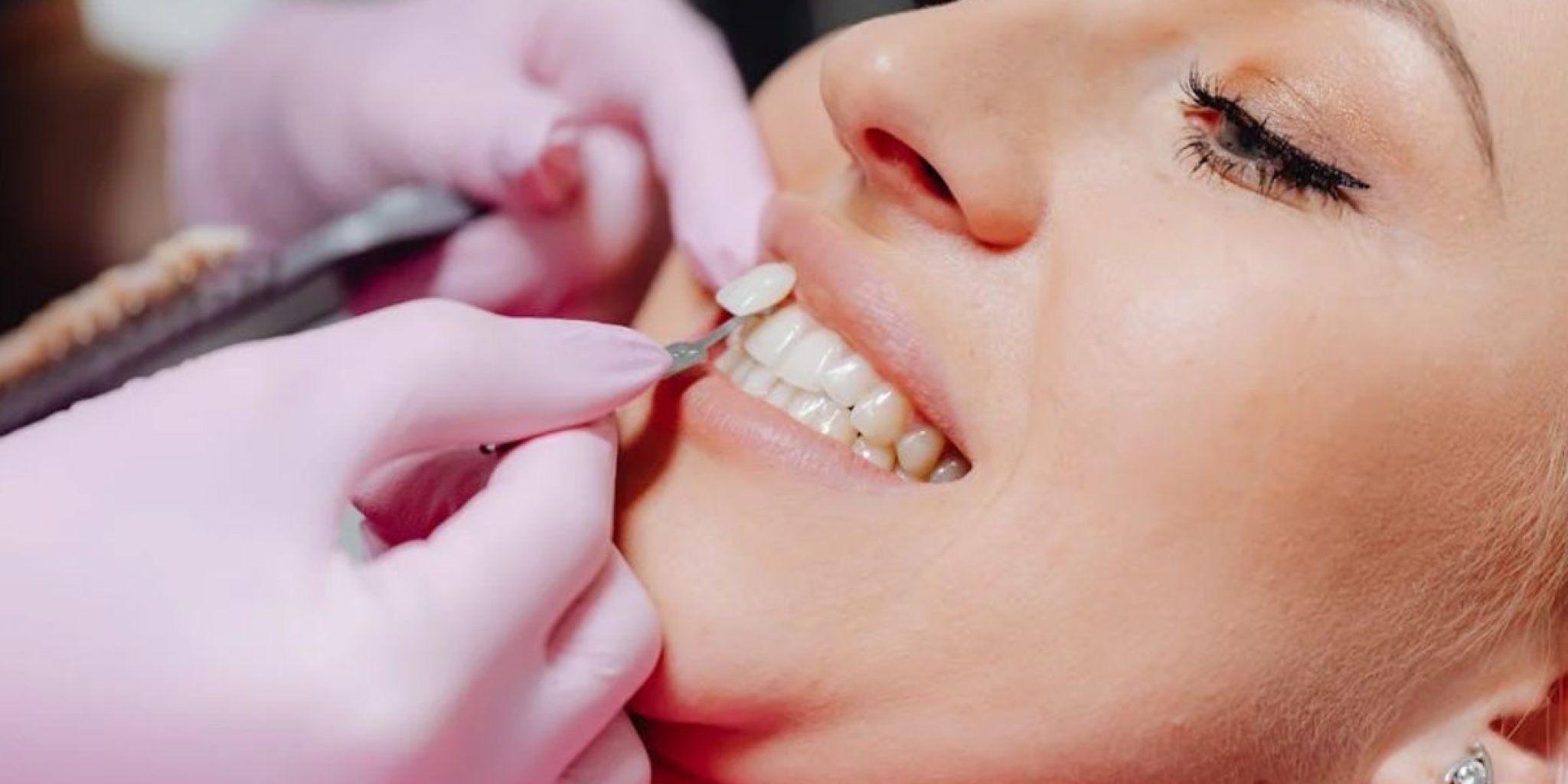Dental peptides are a breakthrough that supports oral health and provides creative solutions for dental health, essential for general well-being. Dental peptides are short amino acid chains that combat germs, encourage healing, stimulate tissue regeneration, and fortify enamel to help preserve and enhance oral health. However, because there are so many choices, choosing the best dental care peptide supplier USA might take a lot of work. By outlining the different kinds of dental peptides, their advantages, and how to include them in your routine for the best possible oral health, this guide seeks to streamline the decision process.
Understanding Dental Peptides
Due to their healing and antibacterial qualities, oral dental peptides—short sequences of amino acids—are essential parts of tooth care products. They encourage tissue renewal, are vital for basic oral hygiene, and can be found in mouthwashes, gels, and toothpaste. Gum disease and enamel remineralization can both be effectively treated with dental peptides. Because they serve multiple purposes in dental care regimens, they are vital for eradicating bacteria, promoting healing, and fortifying dental tissues. These peptides assist oral health in general and specific dental problems by promoting preventive and therapeutic dental care.
Dental Peptide Advantages
Exploring the Benefits of Peptide-based Dental Products is important before using it. Let’s explore some of the advantages of dental peptides products.
- Antibacterial Properties: Infections can be avoided, and peptides can promote a healthy oral environment that helps lower dangerous oral germs.
- Regeneration and Healing: Peptides help treat gum disease and oral wounds because they facilitate the repair of oral tissues.
- Remineralization: Specific peptides assist in remineralizing tooth enamel to strengthen teeth and prevent cavities. They also repair gingival recession.
- Effects against Inflammation: Peptides can lessen gum inflammation, which helps to relieve the symptoms of gingivitis and other inflammatory diseases.
Dental Peptide Types
Oral dental peptides come in various forms, each with unique qualities and uses. If you know these types, selecting the ideal product for your unique requirements is easier.
AMPs, or antimicrobial peptides
Naturally occurring peptides known as antimicrobial peptides (AMPs) stop the growth of bacteria, fungi, and viruses in the mouth. They are accommodating for people who have a history of periodontal disease, are prone to bacterial infections, or have foul breath. By disrupting pathogenic bacteria’ cell membranes, AMPs efficiently lessen their presence and foster a healthier oral environment. Antimicrobial toothpaste and mouthwashes, which support good oral hygiene and guard against infections, are everyday items that include AMPs.
Enamel Matrix Derivative (EMD)
Enamel Matrix Derivative (EMD) peptides are utilized to rebuild periodontal tissues and facilitate the healing of soft tissues and bone. They are produced from the enamel matrix of developing teeth. EMDs improve tissue regeneration and recovery, making them very helpful for individuals with periodontal disease or after dental surgery. Professional dental treatments often use these peptides to maximize periodontal health and promote efficient healing processes. They are frequently found in gels and pastes.
Collagen Peptides
For the gums and other oral tissues to remain intact and structurally sound, collagen peptides are essential. They accommodate people with gingivitis, receding gums, or healing from dental surgery. Collagen peptides enhance gum health and hasten healing by promoting tissue regeneration and structural support. These peptides, frequently found in supplements and gels, are a valuable complement to dental care regimens meant to improve gum health and oral tissue integrity generally.
Remineralizing Peptides
By encouraging the deposition of calcium and phosphate, two minerals vital to dental health, remineralizing peptides fortify tooth enamel. Those with tooth sensitivity, early cavities, or weaker enamel benefit the most from them. These peptides, frequently present in toothpaste and dental creams, are essential for maintaining and rebuilding enamel, making them necessary for preventive dental care. They contribute to preserving general oral health and avoiding new dental problems by strengthening enamel.
Considerations for Dental Peptide Selection
Several things need to be considered while choosing the best dental peptide, such as your unique dental needs, the composition of the medication, and any potential allergies.
Determine Your Dental Requirements
Assess your dental health and decide which particular problems you wish to resolve. Do you have gum disease, sensitivity, or recurrent cavities? Selecting the best peptide will be easier if you know your needs.
Formulation of Products
Verify the product’s formulation to ensure its peptides are properly concentrated for your illness. Certain products have a synergistic effect by combining several peptides.
Sensitivities and Allergies
Consider any known sensitivity or allergy to substances frequently included in dental supplies. If necessary, use hypoallergenic formulations.
Professional Advice
For advice specific to your situation about dental health, speak with your dentist. They can provide information about which peptides and products are best for you.
How to Include Dental Peptides in Your Daily Activities
Adding dental peptides to your regular oral hygiene regimen can considerably improve your dental health. Here are some pointers for doing so successfully:
Utilise as instructed
To be sure you are using the product appropriately and reaping the most benefits, follow the directions that came with it.
Combine with Regular Oral Hygiene
Dental peptides should be used in addition to regular dental checkups, brushing, and flossing routines.
Track your progress
Once you start using peptides in your regimen, observe any changes in your dental health. This will assist both you and your dentist determine how well the therapy worked.
Adjust as Needed
See your dentist if you have any adverse effects or need progress. They might advise changing the peptide product’s kind or dosage.
Conclusion
Dental peptides offer several advantages, including antibacterial activity, tissue regeneration, repair gingival recession and enamel remineralization, making them an intriguing development in oral health. Knowing the many kinds of dental peptides and determining what you need personally can help you choose the best solution to improve your oral health. Before adding any new therapy to your dental routine, you should, however, speak with a dentist to be sure it fits into your entire oral care strategy. You may have a healthier, brighter smile and feel more confident knowing that your oral health is at its best with the help of dental peptides from reliable labs like AHB Lab.





